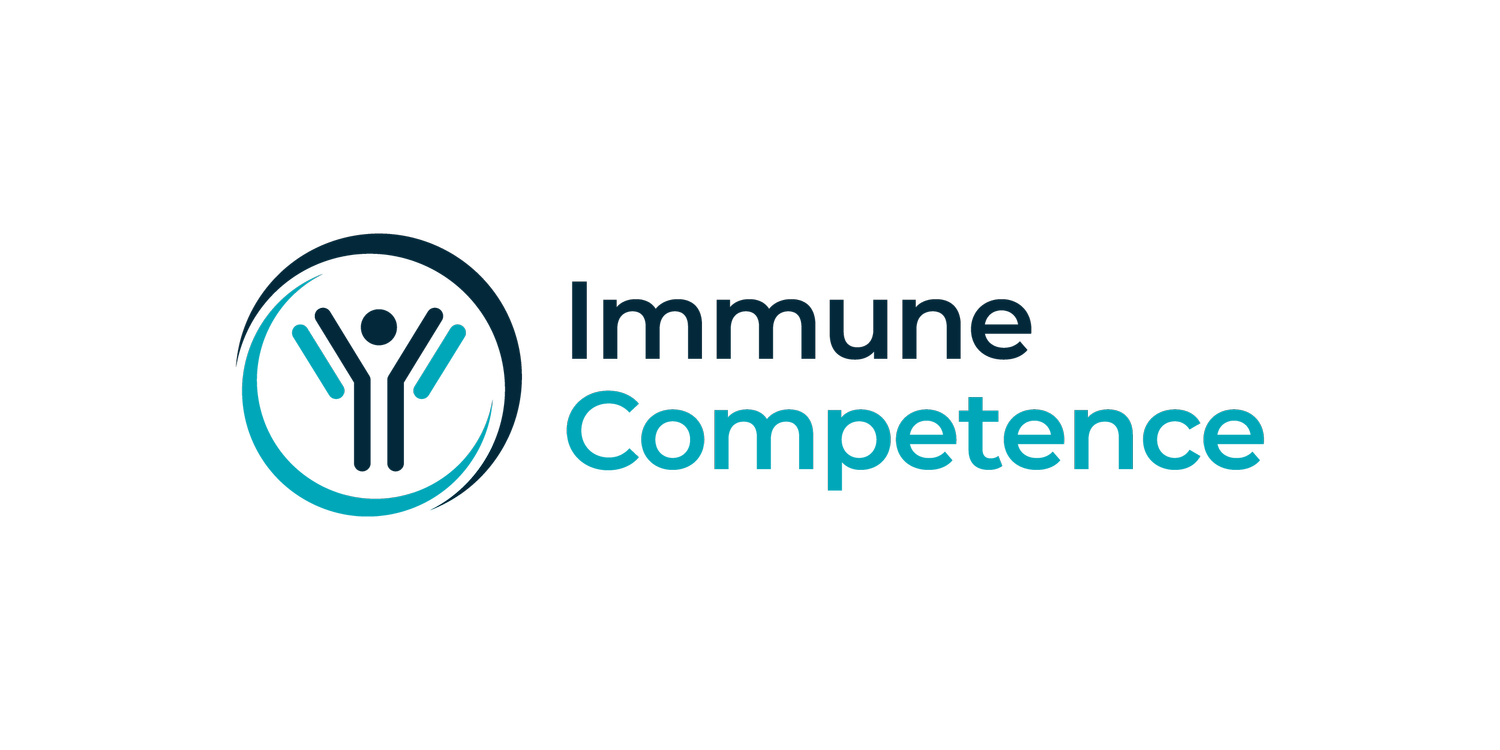Primary Immunodeficiency and COVID-19 Vaccines
Covid-19 vaccinations are a hot topic for all Americans. This is particularly true for the more than 250,000 Americans living with any of the over 400 types of chronic, sometimes rare diseases that affect the immune system, making those patients more susceptible to infection. As a primary immunodeficiency (PI) patient, I decided to educate myself on Covid-19 and the vaccines, by watching video updates from the Immune Deficiency Foundation’s Physician Advisory Committee, featuring the vice-chair of the committee, Kathleen Sullivan, MD, Ph.D., of the Children’s Hospital of Philadelphia.
COVID-19 Vaccines
In these videos, Dr. Sullivan explained Covid-19 basics, including what a spike protein is, and what experimental treatment options are for SARSCoV-2, the virus that leads to Covid-19. She discussed what researchers currently know, and what they do not yet understand, without any spin. This proved to be invaluable to me. Many doctors are unaware of primary immunodeficiency, as it is a rare chronic illness, so information can be hard to come by outside of your own personal immunologist. Misinformation can be dangerous for our community, and these videos can help empower myself and others with information.
“Immune deficient people can get mRNA and DNA vaccines,” Dr. Sullivan explained in her July 17, 2020 update on Covid-19 vaccines. “[These vaccines] aren’t live vaccines. Even though they contain genes, they are not going to cause disease.”
For many who have immunodeficiencies, Dr. Sullivan said the vaccine likely will be as effective as it is for the general population. But it’s unclear how a potential vaccine will work for those who have antibody deficiencies. “People with antibody deficiencies will likely have an incomplete response, which doesn’t mean they shouldn’t get it,” Dr. Sullivan noted.
She also mentioned that roughly half of the patients with Common Variable Immune Deficiency, a form of antibody deficiency, have responded to Pneumovax, at least somewhat. I think the take-away from this statement should be that some protection is better than none. PI patients can also be hopeful that we will at least get some protection from the vaccines, but should not be overconfident in our immune response. It is also important for all patients to discuss specific recommendations with their treating immunologist.
History Repeats Itself
“This is history – just like polio, measles, and other infectious diseases we’ve driven down through vaccination,” said John Boyle, the former President and CEO of the Immune Deficiency Foundation. He lives with X-linked Agammaglobulinemia, another form of PI, and describes feeling both excitement and relief when he got his vaccine. Everything has shown us the vaccines are incredibly safe and effective, and many immunologists are recommending them, even for their patients with PI.
Though fully vaccinated, Boyle is still taking the basic precautions of wearing a mask, social distancing, and proper sanitation. Use good judgment and see people in an environment you’re comfortable with. Don’t let anyone into your sphere who would deliberately put you at risk. It can be hard to set those boundaries, but it is important to continue to take precautions. And if your family, friends, and coworkers are hesitant, Boyle suggests gently engaging them by asking questions and finding out why they are reluctant.
Most importantly, Boyle also said that PI patients should not assume the vaccines won’t work for them. Speak with your doctors about the vaccination and your specific case. He emphasized that when it comes to health information, your own health care providers should be your number one source of information, since only they can know all the details about your exact disease and conditions. He did, however, stress the need to protect PI patients in general, both through getting the vaccine and also by those around us getting vaccinated and by creating a protective “bubble.”
Unless your own doctor advises against getting the Covid-19 vaccines, Boyle advised that all people should make a plan to get them.
Editorial Comment
Please remember Immune Competence does not provide medical advice or recommendations. We always recommend, as mentioned several times in the article, that you should always consult your personal physician and care team for advice on your personal case.
